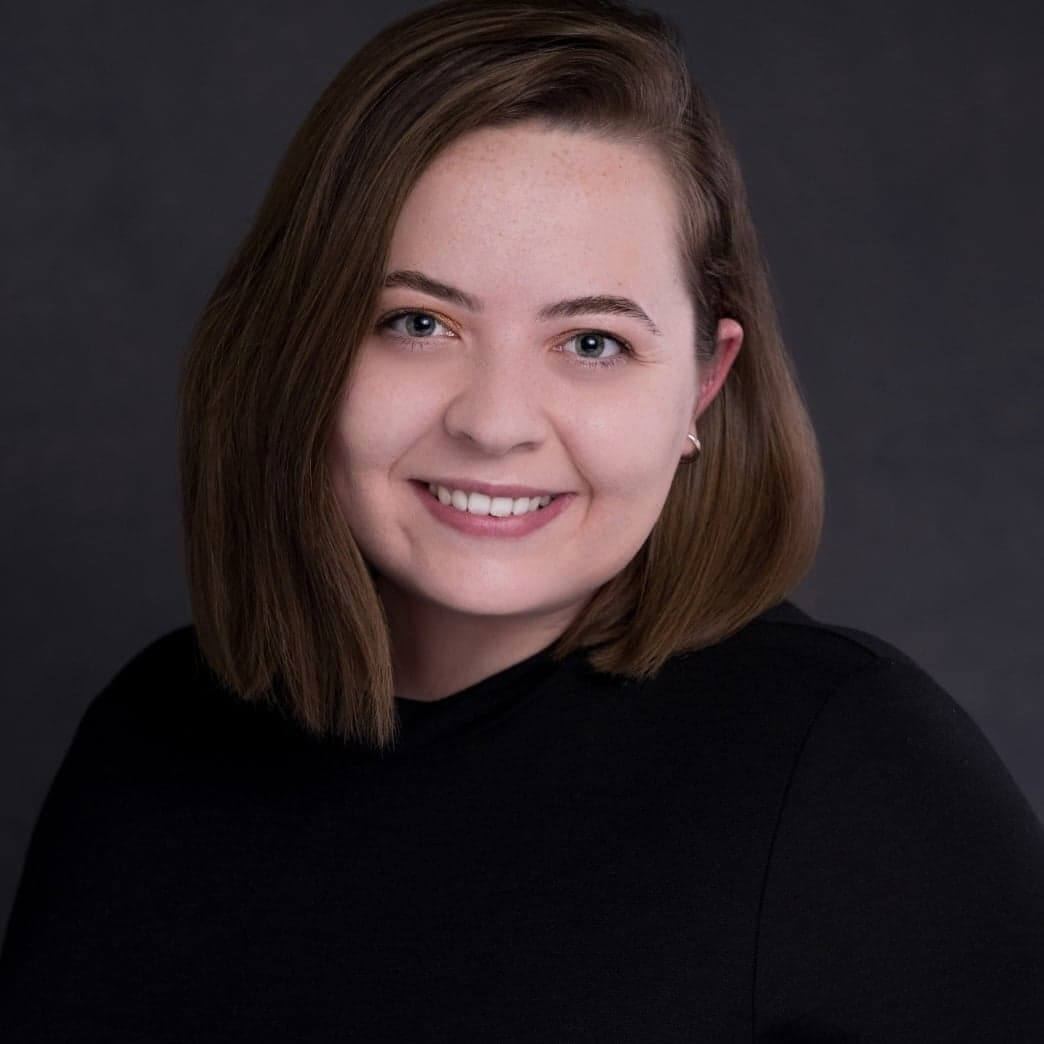Who Am I? The Role Of ‘Imposter Syndrome’ Within My Doctoral Journey So Far.
Jess Wythe talks about her experience with imposter syndrome, an issue that many in academia can relate to but is not often discussed. She discusses her feelings of self-doubt and inadequacy and how she learned to cope with them.



